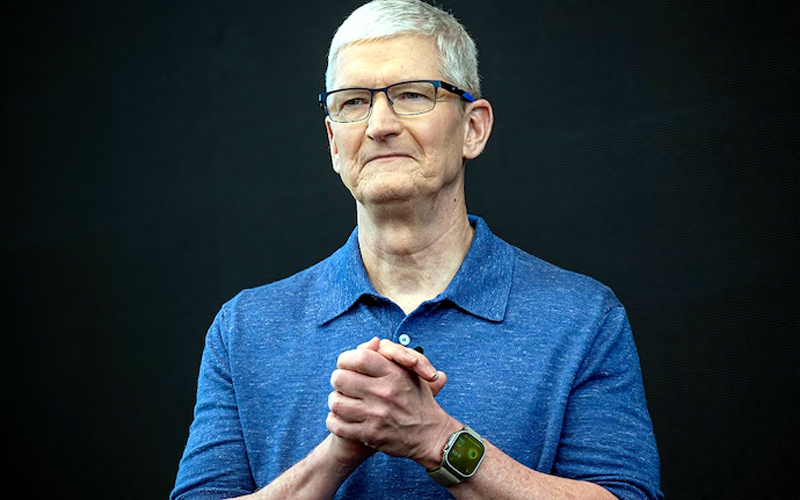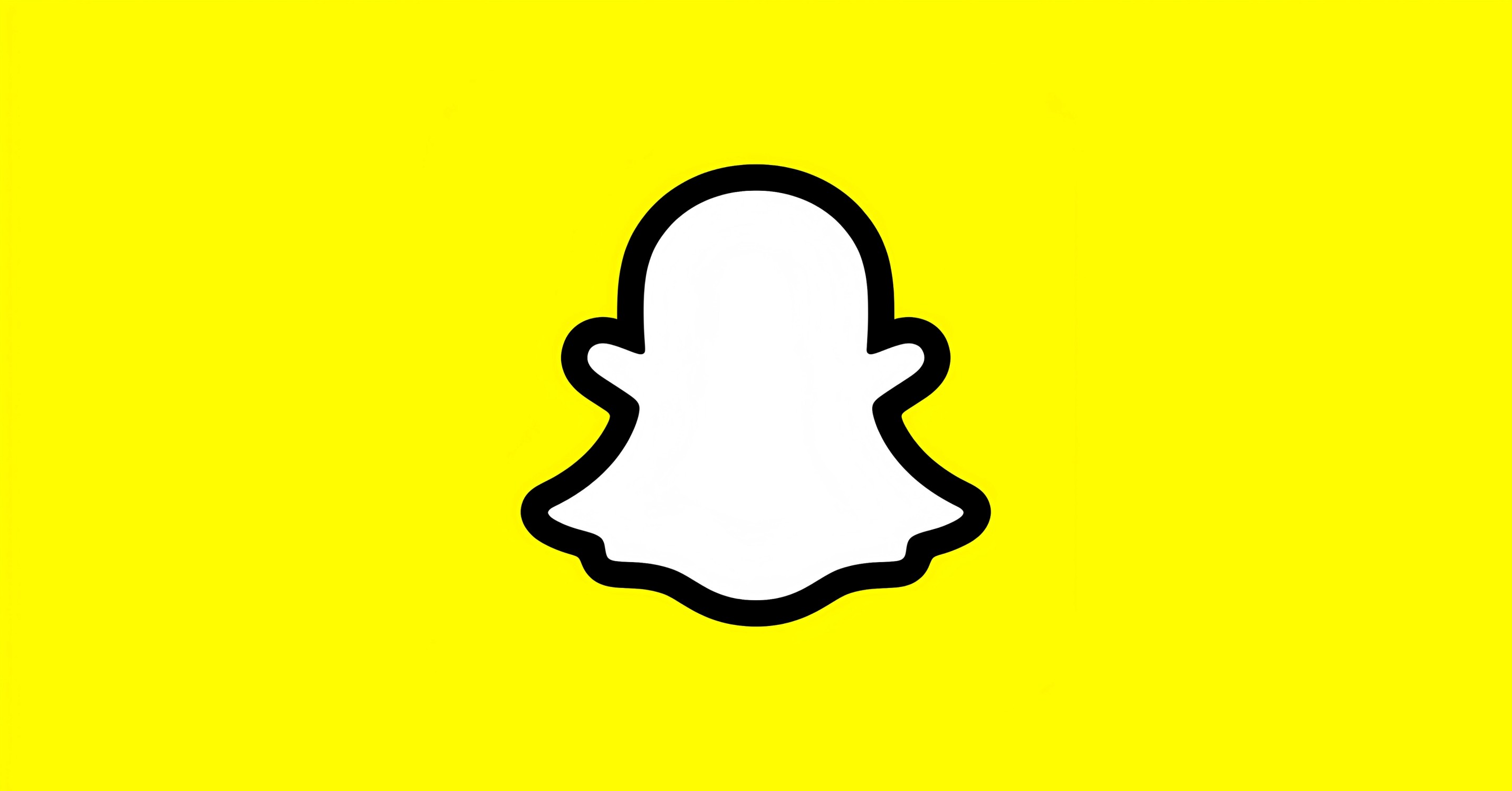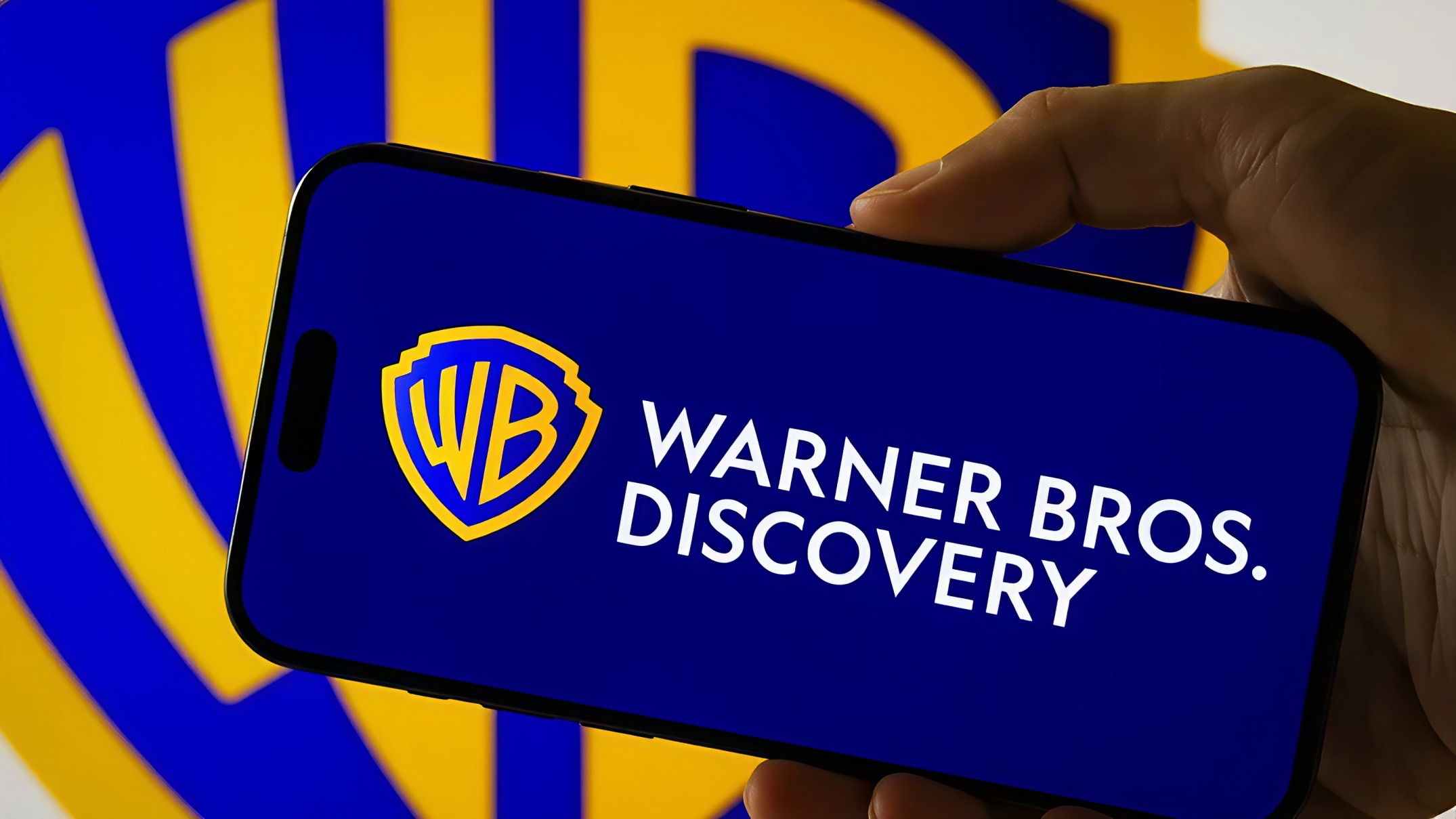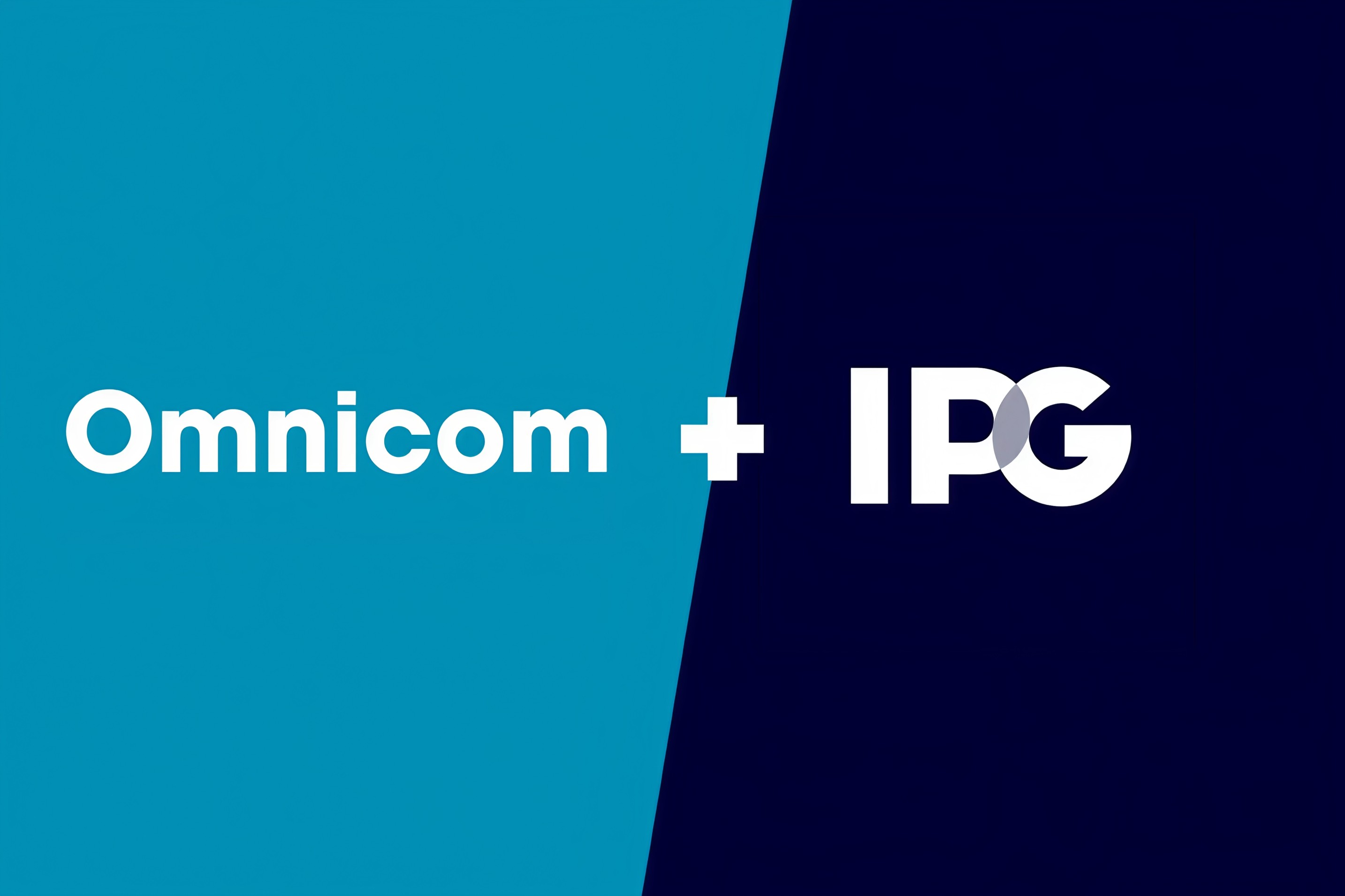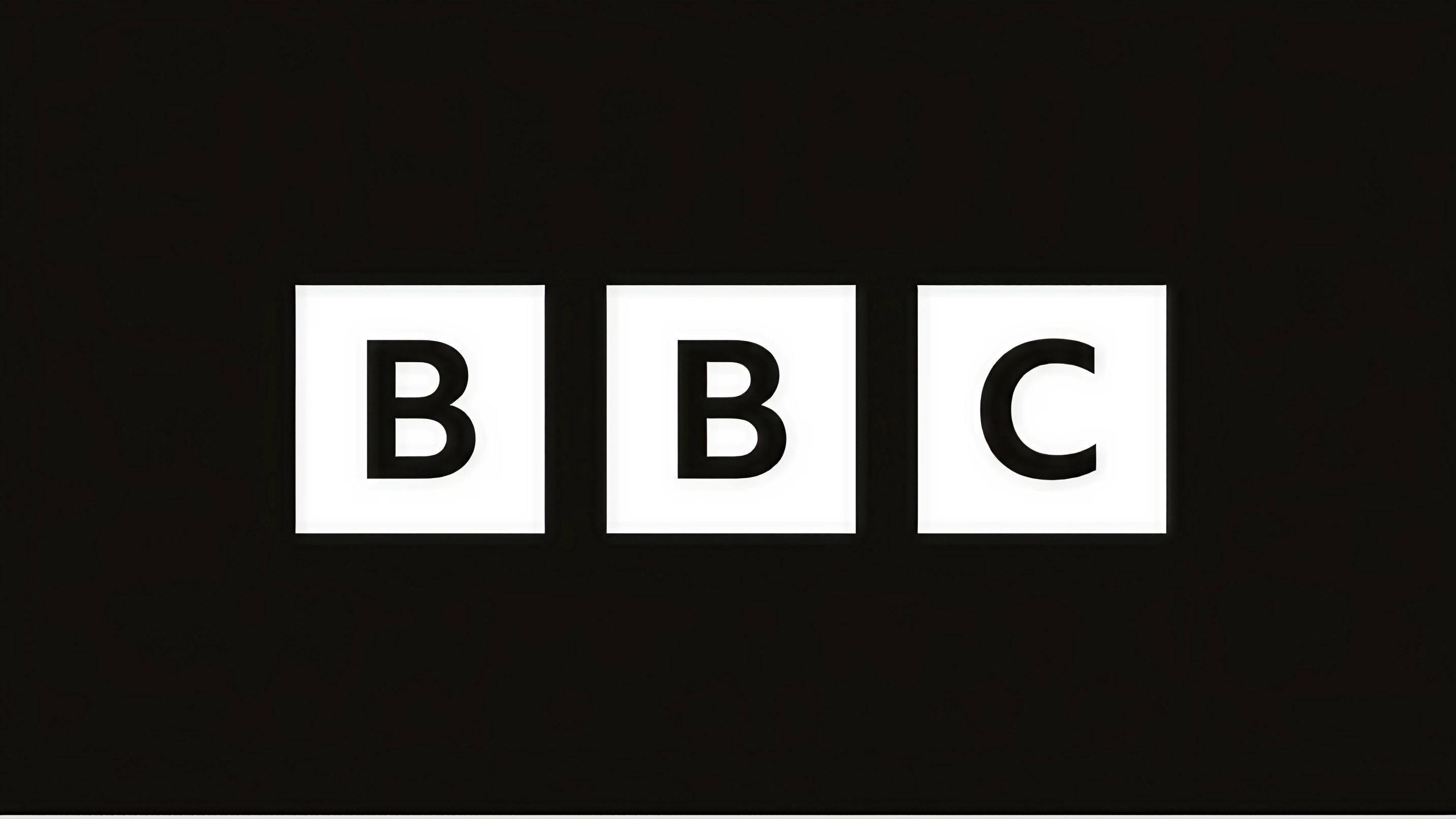Apple is at a crossroads. Once known for changing the game across every major tech category, the company now finds itself catching up in the fast-evolving world of artificial intelligence. But that may be about to change.

At a recent all-hands meeting at Apple’s Cupertino headquarters, CEO Tim Cook laid out a new and urgent vision for Apple’s future. Calling artificial intelligence an “existential imperative,” Cook described the AI revolution as “as big or bigger” than the internet, smartphones, or cloud computing. It was not just a call to arms. It was a signal that Apple is preparing to reset the narrative and reclaim lost ground.
Cook’s speech comes at a time when Apple’s position in the AI space has been questioned repeatedly. The company’s highly anticipated iPhone 16 series launch in 2024 was centered around its new AI suite called Apple Intelligence. However, most of the marquee features were delayed, creating disappointment and confusion among tech watchers. What was supposed to be a revolutionary moment turned into a slow rollout of features that failed to meet the hype.
Yet, Apple’s brand resilience is undeniable. Despite the AI criticism, the iPhone 16 still managed to become the world’s best-selling smartphone in early 2025. Consumers continued to trust the Apple brand, even when some of the promised innovations were still on the horizon. But the real question now is how long that loyalty will last without substantial follow-through in the AI domain.
ADVERTISEMENT
Complicating the matter further, Apple is facing legal challenges over its AI marketing. A class-action lawsuit filed in early 2025 accuses the company of falsely promoting advanced AI features, including upgrades to Siri, while knowing those features were not ready.
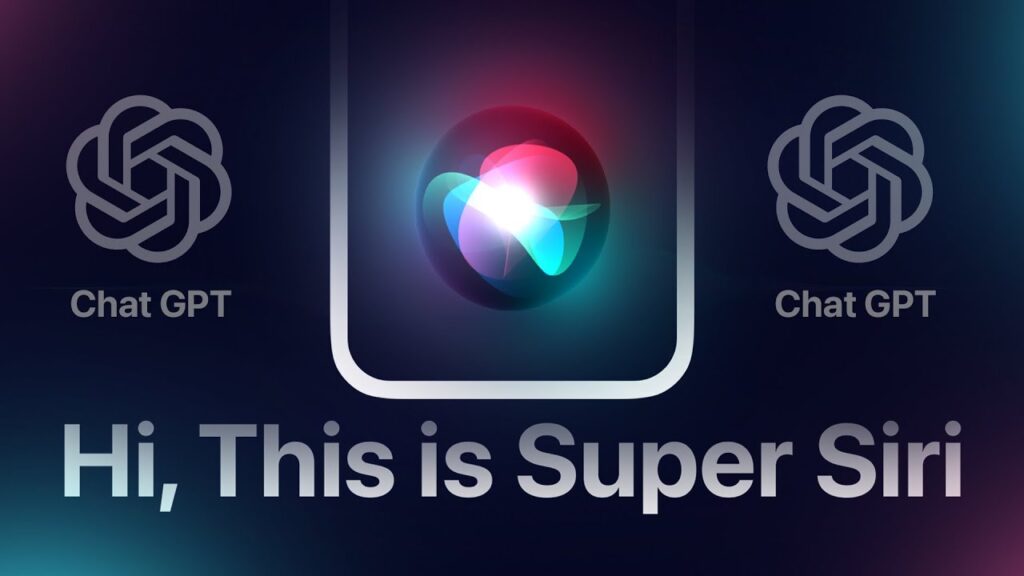
Apple’s collaboration with OpenAI to integrate ChatGPT into Siri also raised eyebrows. For a company long known for building and tightly controlling its ecosystem, partnering with an outside AI company marked a philosophical shift. It signaled a recognition that Apple’s in-house AI development had not kept pace with the broader market.
Meanwhile, competitors have surged ahead. Google’s Pixel phones are being hailed for cutting-edge AI photography and access to Gemini, its powerful chatbot. Samsung’s Galaxy S25 series has declared itself the ultimate AI companion. Across the board, tech giants are placing AI at the heart of their user experience and they are doing so aggressively.
In contrast, Apple’s approach has remained cautious. Even as it ramps up AI investments, its internal research team recently published a paper titled “The Illusion of Thinking,” which questioned whether today’s AI systems truly possess reasoning abilities. This shows Apple is still taking a measured, critical stance on the technology even as it prepares to go all in.
ADVERTISEMENT
Tim Cook’s recent address is a clear indication that Apple is done playing defense. He reminded employees that Apple has rarely been first in new product categories, yet it has consistently defined what those products ultimately become. From the iPod to the iPhone and the iPad, Apple has always taken a late-entry approach and turned it into dominance. Cook now sees AI as the next space where that legacy must play out.
With the iPhone 17 set to launch in September 2025, all eyes will be on what Apple brings to the table. Will the company’s new AI push deliver something truly unique, or will it fall further behind in the tech arms race? Either way, the message from Apple’s leadership is clear. The future is artificial intelligence, and Apple plans to be at the center of it on its own terms.
Follow Marketing Moves on Instagram and Facebook for more stories on tech strategy, brand pivots, and AI innovation.

